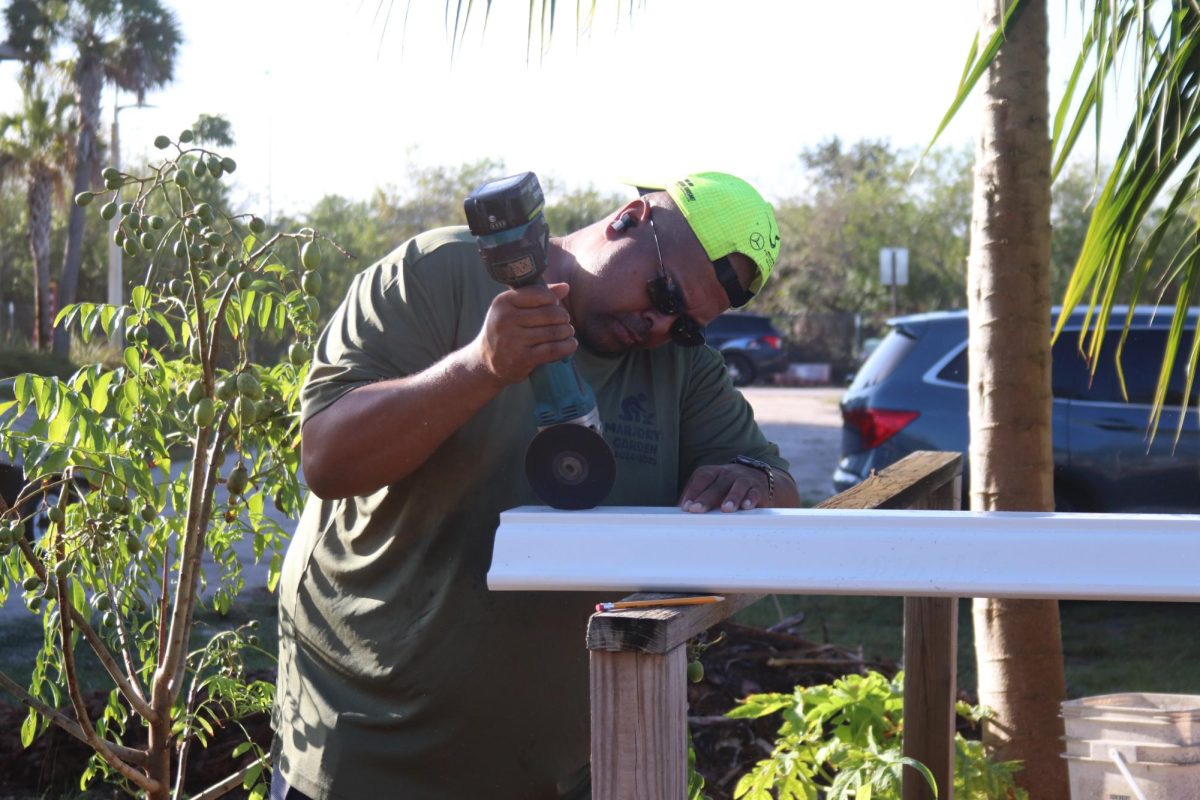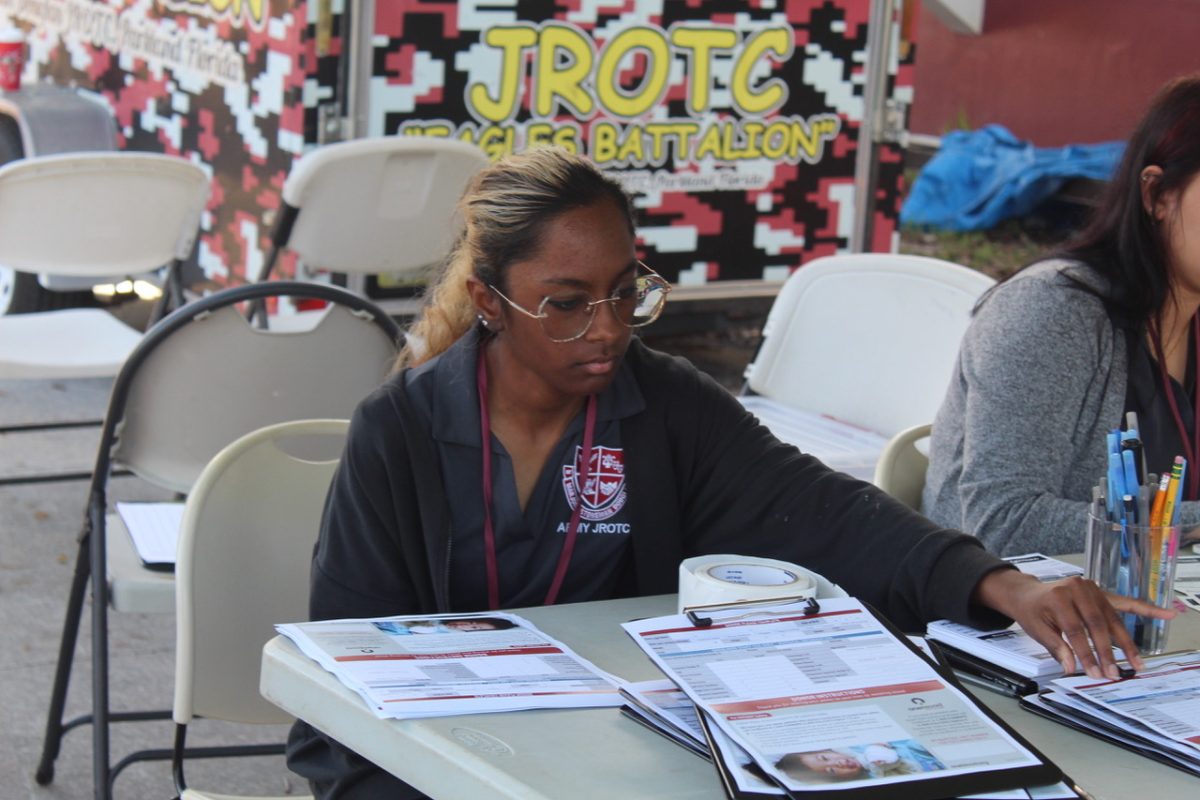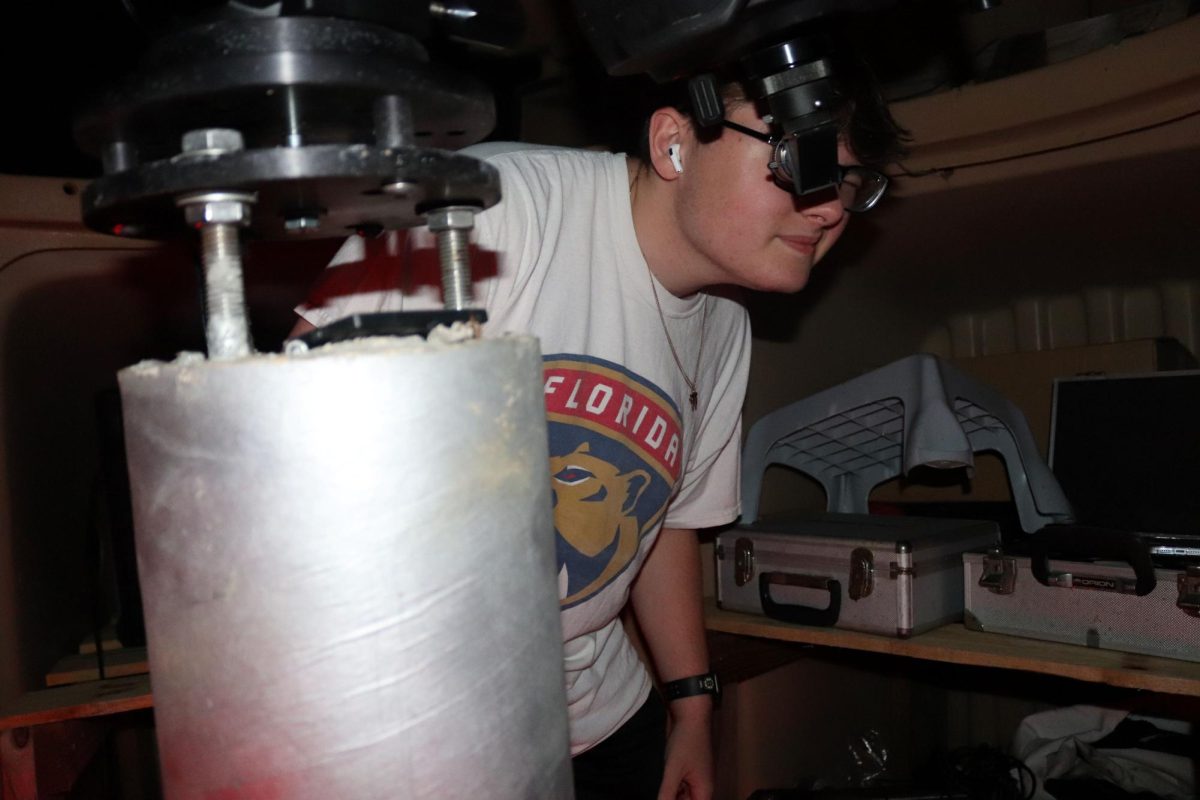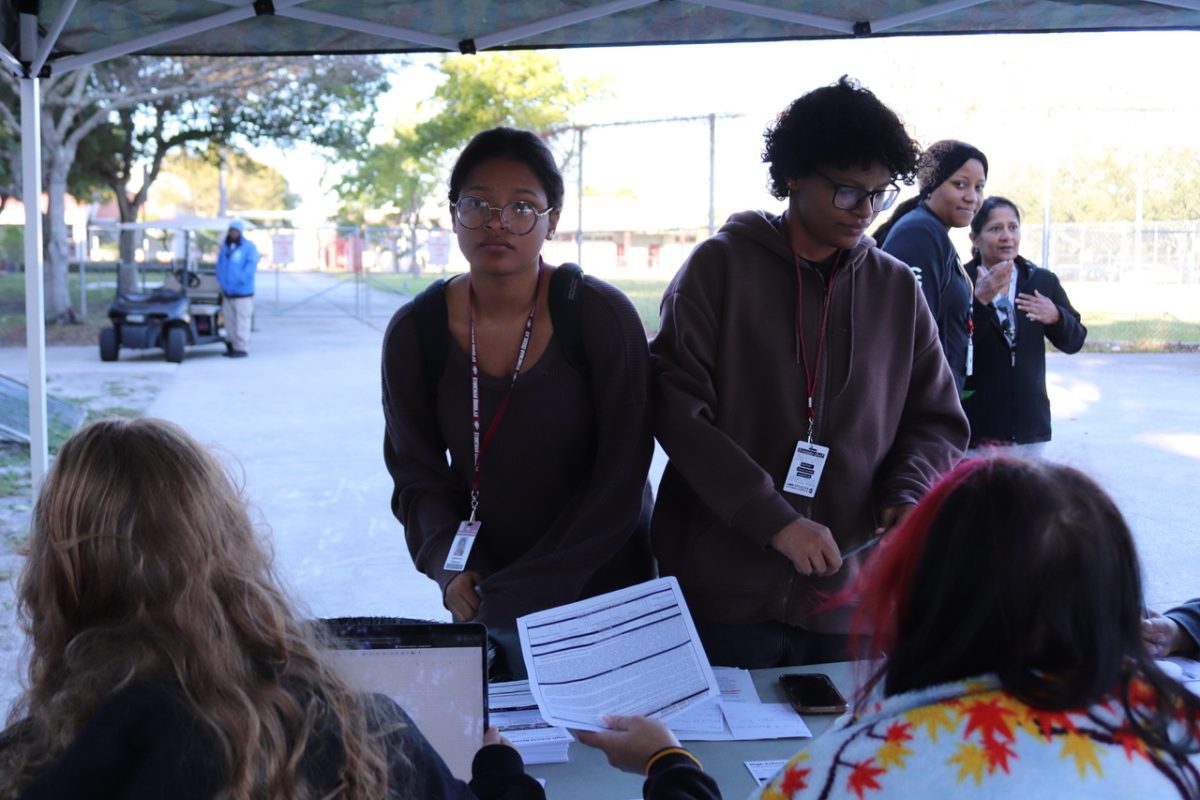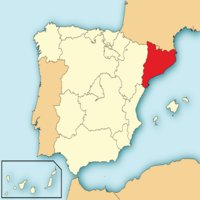
The city of Barcelona was brought to a standstill over recent days as the Catalonian public clashed with the Spanish police following the controversial independence vote last Sunday, Oct. 1. Massive crowds converged in the city centre to vent their anger at what they perceived as an unjust use of violence by police in order to prevent the public from voting on the referendum that would decide whether or not they gained independence, a vote that was deemed illegal by the Madrid government.
The Spanish government has since apologized for the use of police force during the referendum but has stood by the notion that the vote was illegal and the people of Catalan need to recognize that.
“When I see these images, and more so when I know people have been hit, pushed and even one person who was hospitalized, I can’t help but regret it and apologize on behalf of the officers that intervened,” a senior Spanish official, Enric Millo, said in an interview with Catalonia’s TV3.
The apology is unlikely to be well received by the people of Catalan, where many are still shocked and angry by the brutal police operation. Tensions are still running high due to the continued deployment of thousands of Spanish Guardia Civil and national police officers in the region.
Reports indicate that, despite the turnout being only 43 percent, the percentage of voters who chose independence for the region stands at 90 percent. In what could be the greatest political crisis to face Spain in decades, Prime Minister Mariano Rajoy met with the leaders of Spain’s rival parties to decide on the government’s next move.
The Socialist leader, Pedro Sánchez, urged Madrid to hold talks with the Catalan President, whereas Centrist leader, Albert Rivera, suggested invoking Article 155 of their constitution, an act that would suspend Catalonian autonomy.
In this time of crisis even the Spanish king, King Felipe VI, found the need to televise a statement condemning the actions taken in Barcelona.
“Catalan society is fractured; they have broken the democratic principles of the rule of law,” King Felipe VI said. “ With their decisions, they have systematically undermined the rules approved legally and legitimately, showing an unacceptable disloyalty towards the powers of the state – a state that represents Catalan interests.”
The speech differed greatly from the usual addresses delivered by the Spanish monarch. With his Christmas addresses being the only time of year the Spanish people hear from their king and the fact that he felt the need to take action symbolizes the massive impact that this referendum could have on the nation.
Despite the king’s brutal denouncement of the vote, Barcelona is steadfast in their defiance of the Madrid government. Catalonia’s president, Carles Puigdemont, pledged to defy Madrid and implement the results of Sunday’s banned independence referendum.
“We are to declare independence 48 hours after all the official results are counted,” Puigdemont said during an interview with BBC on Tuesday. “This will probably finish once we get all the votes in from abroad at the end of the week and therefore we shall probably act over the weekend or early next week.”
Since the interview, Puigdemont has asked to appear in the Catalonian Parliament next Tuesday in order to push forward on independence. With the country divided and the poll facing questions over its legitimacy, there is no way to predict the outcome of the meeting, or Spain’s future as a united nation.
In order to support the vote, Catalans decided to go on strike starting Tuesday, Oct. 3. Use of public transport fell below 25 percent, and thousands flooded the streets as they refused to work until they were given their independence. Shops were closed, universities suspended classes and even Barcelona Football Club stood by the Catalonian people by refusing to hold training sessions with their youth teams.
With the crisis rapidly reaching its peak, the European Parliament convened on Wednesday, Oct. 4 to discuss the next steps to take. Commission First Vice President Frans Timmermans, who delivered the session’s opening remarks, sided wholeheartedly with the Madrid government in condemning the actions of Catalan, and at the same time justified the level of police force used despite the Spanish government apologizing for it.
“The regional government of Catalonia has chosen to ignore the law in organizing the referendum of last Sunday,” Timmermans said. “None of us want to see violence in our societies. However it is a duty for any government to uphold the law, and this sometimes does require the proportionate use of force.”
Unfortunately his comments did little to appease those who are pro-independence, with many criticizing both Timmermans and the European Commission as a whole for providing useless rhetoric without making meaningful progress on any issues. The fact that no Spanish representatives were present during the meeting does not help the Commission’s argument of being mediators for peace. Ryszard Legutko, a Polish Member of the European Parliament, used the Catalonian issue to press the idea that the European Commission in its current form is ineffective.
“The European Commission repeatedly resorts to moralistic language, we just heard it,” Legutko said in his statement to the Commission. “When we view the action of the Commission in the handling of this particular situation in Catalonia, it looks more like a union of selective values. The double standards of the Commission is something that leaps to the eye. All are equal but some are more equal than others.”
With the European Union still dealing with the aftermath of another referendum, the Brexit decision in the United Kingdom in 2016, the EU will be under intense scrutiny as they attempt to deal with the crisis in Spain.
MSD senior Tom Van der Lin was born in Spain and gave his opinion on the emotions of the Catalonian people.
“I lived in Spain around 10 years ago. During this period I was small but we lived in Barcelona, which is a part of Cataluña.” Van der Lin said. “The people there were amazing, very proud of their culture and different than the rest of Spain. I do remember hearing from a lot of my friends back then that their parents were losing their jobs, which had to do with Spain’s ongoing crisis.”
The differences between the Catalans and the rest of Spain can be seen and felt across the world. Another senior at MSD, Model UN President Robert Bonczek, put forward his argument for the next steps the Spanish government should take regarding the conflict.
“I understand why the Spanish government wants to keep Catalonia for the economic reasons but when you take a look at it the difference in the two regions is not solely political, there is a whole ethno-cultural difference that even includes a different language,” Bonczek said. “At this point the Spanish government should just allow them independence so, at the very least, they’ll be on somewhat good terms both politically and economically without much damage to either region.”
With Puigdemont determined to gain independence at the expense of the Madrid government, the coming days will be critical to the political union of not only Spain, but also the EU and the world.

